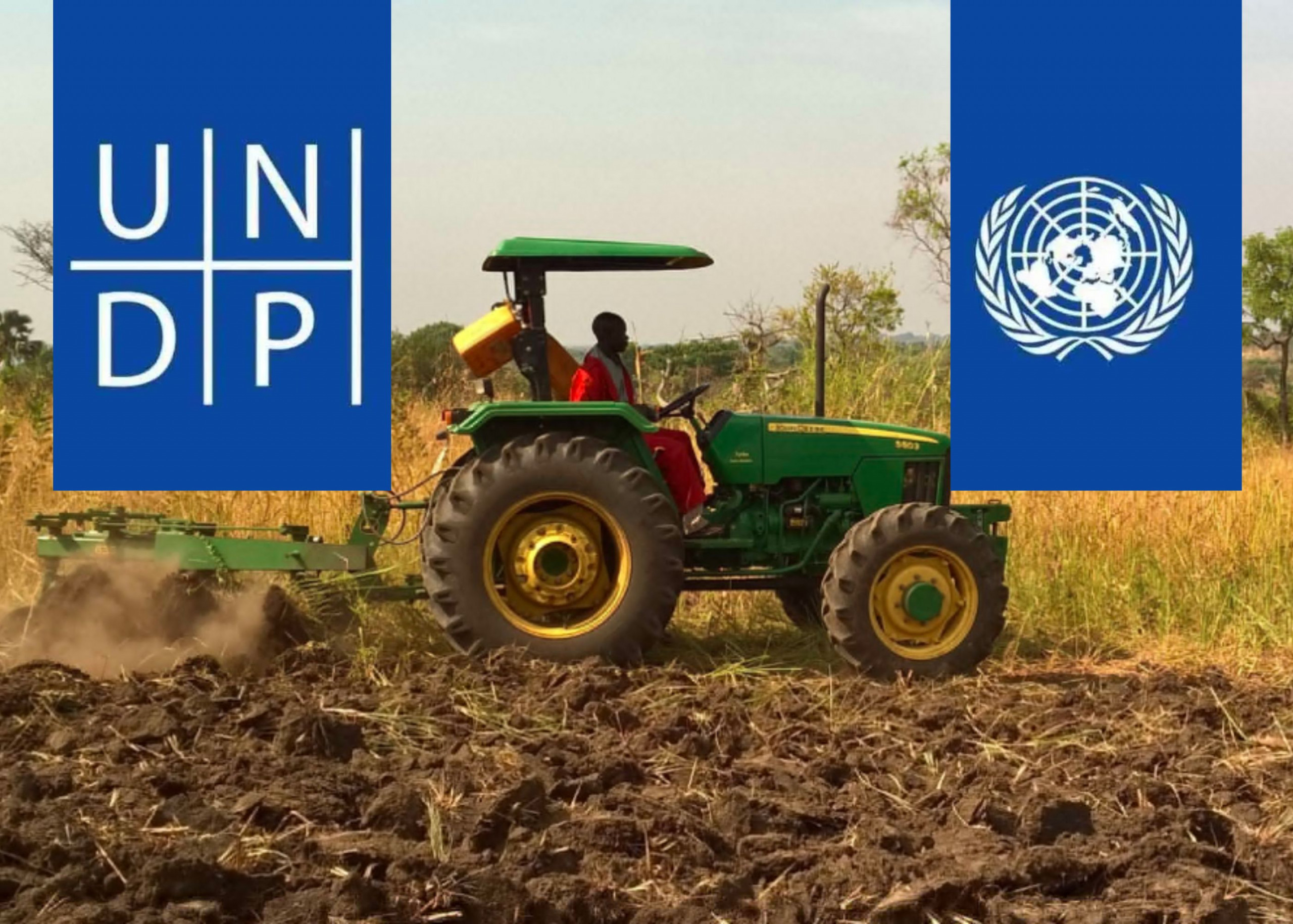News in Brief:
– UNDP has launched a $16.8 million programme to boost South Sudan’s agriculture sector.
– It aims to empower rural producers, improve market access, enhance financial inclusion, strengthen policies, and promote climate-smart agriculture.
The United Nations Development Programme (UNDP) has launched a $16.8 million Rural Enterprises for Agricultural Development (READ) programme in South Sudan, with support from the International Fund for Agricultural Development (IFAD) and the Global Agriculture and Food Security Program (GAFSP).
The initiative is in partnership with the Agriculture and Food Security Ministry and it aims to revitalise South Sudan’s rural economy and enhance food security.
Empowering rural enterprises
During the launch, the resident representative for UNDP South Sudan, Dr Mohamed Abchir, noted the significance of the program. He reiterated that agriculture ‘is not just about food-it encompasses livelihoods, gender equality, resilience, nutrition, literacy, climate change, that will drive growth and recovery.’
Also, IFAD Country Director Dr Caroline Mwongera, explained the purpose of the initiative.
“Through the combined efforts of all involved, READ is set to directly improve the livelihoods of 27,511 households, or approximately 162,315 individuals,” she said.
Mwongera added that the launch of READ reaffirms the fund’s commitment to South Sudan, to building resilient livelihoods, and to ensuring no one is left behind.
Effectively, the READ program will focus on empowering rural producers’ organisations, cooperatives, and small businesses.
Key program objectives
Specifically, the READ program is designed to achieve several key objectives. These include:
- Enhancing the skills and knowledge of rural producers to increase agricultural productivity.
- Improving access to local and international markets for agricultural products.
- Expanding access to financial services, such as loans and savings, to rural enterprises, as well as strengthening policies and regulations to support sustainable rural development.
Finally, it will promote climate-smart agricultural practices to build resilience to climate change.
Program implementation
Meantime, the six-year program will reach approximately 27,511 rural households across six states. It will be implemented through three interconnected components.
The first component focuses on building the capacity of rural organizations to improve their governance, financial management, and market linkages.
Then, the second component aims to expand access to financial services, such as loans and savings, to rural enterprises. The third component seeks to strengthen policies and regulations to create a conducive environment for rural enterprise development.



